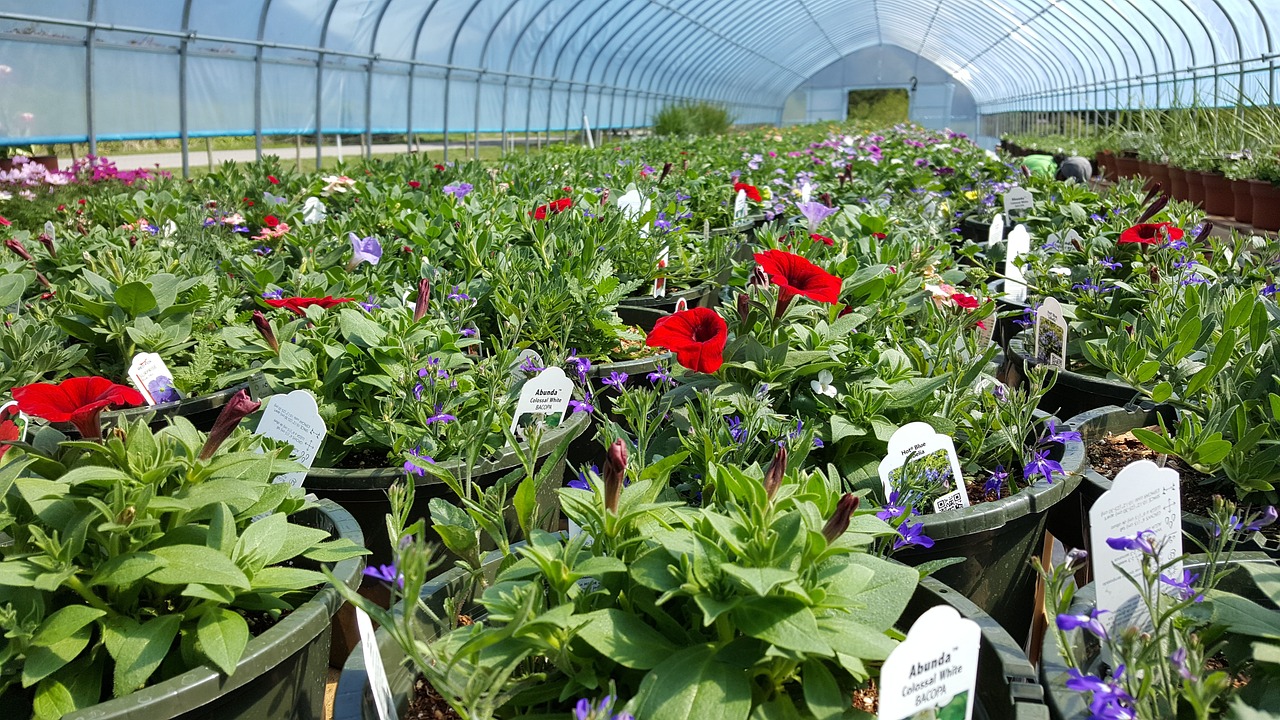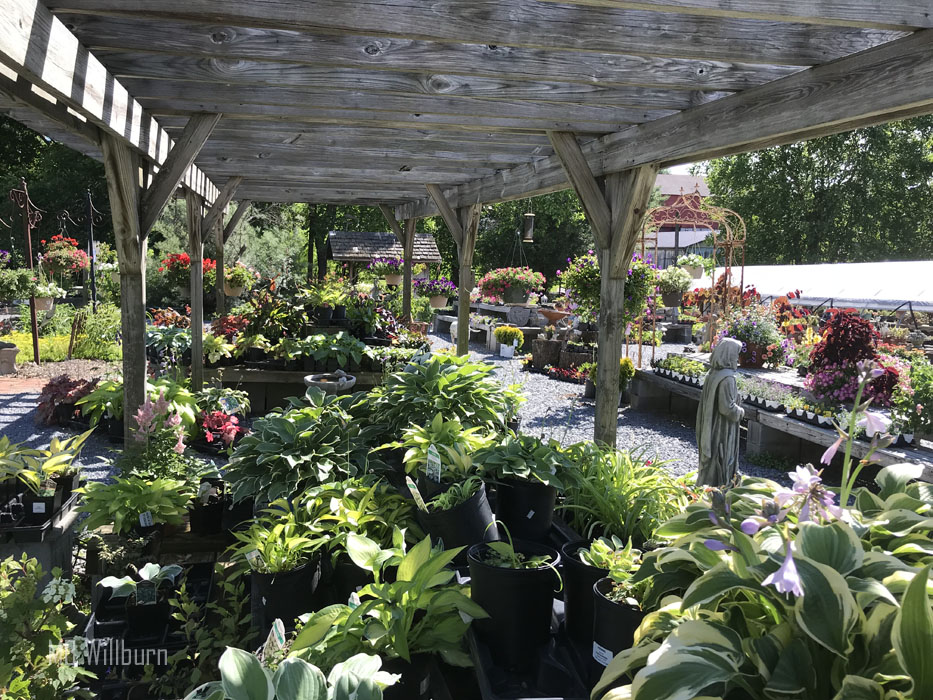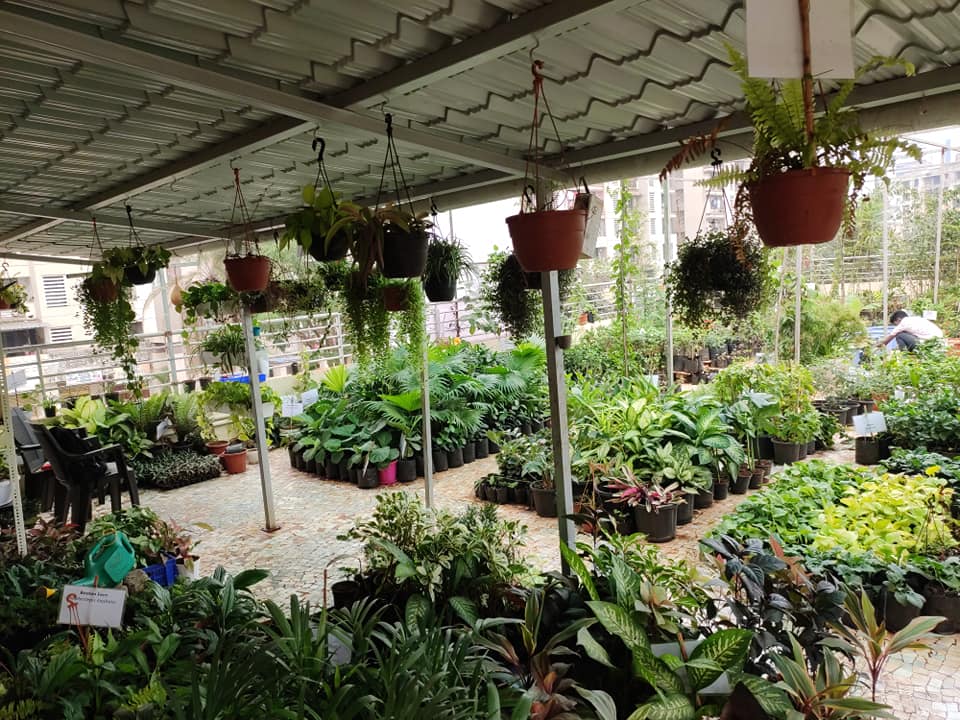Nursery plants are the unsung heroes of agriculture, quietly providing the foundation for the world’s food, fiber, and flora. These specialized facilities are where seeds take root, saplings grow strong, and innovations in agriculture take shape. In this nursery spotlight, we delve into the vibrant world of plant nurseries, exploring their significance, diversity, and pivotal role in shaping the future of agriculture.
The Significance of Plant Nurseries
Plant nurseries serve as the cradle of agricultural innovation, nurturing plants from their earliest stages of development. From humble seeds to robust saplings, nurseries provide the ideal environment for plants to thrive. Whether it’s fruits, vegetables, ornamentals, or native species, nurseries cater to a wide array of plant varieties, each with its own unique requirements.
One of the primary roles of nurseries is to propagate plants efficiently and effectively. Through techniques such as seed germination, cutting propagation, and tissue culture, nurseries can rapidly multiply plant populations while maintaining genetic diversity. This not only ensures a stable supply of crops but also preserves valuable plant traits for future generations.
Diversity in Nursery Plants
Step into any nursery, and you’ll encounter a kaleidoscope of plant life. From towering trees to delicate flowers, nurseries are treasure troves of biodiversity. This diversity isn’t just for show; it’s a testament to the resilience and adaptability of plant species.
Nurseries play a vital role in conserving rare and endangered plants, serving as sanctuaries for species on the brink of extinction. By propagating and distributing these plants, nurseries contribute to conservation efforts, helping to safeguard biodiversity and preserve fragile ecosystems.
Moreover, nurseries are hubs of innovation, constantly introducing new varieties and cultivars to meet the evolving needs of growers and consumers. Whether it’s disease-resistant crops, drought-tolerant ornamentals, or high-yield fruit trees, nurseries are at the forefront of agricultural advancement.
Sustainability and Responsible Practices
In an era of increasing environmental awareness, sustainability has become a cornerstone of modern agriculture. Nurseries are no exception, with many embracing eco-friendly practices to minimize their environmental footprint.
From water-efficient irrigation systems to organic fertilizers, nurseries are adopting sustainable techniques to reduce resource consumption and minimize pollution. Additionally, many nurseries are implementing integrated pest management strategies to control pests and diseases without relying on harmful chemicals.
Furthermore, nurseries are championing practices such as container recycling, composting, and habitat restoration to enhance biodiversity and promote ecological balance. By prioritizing sustainability, nurseries are not only protecting the planet but also ensuring the long-term viability of agriculture.
The Future of Plant Nurseries
As we confront the challenges of climate change, food security, and environmental degradation, the role of plant nurseries has never been more critical. These dynamic institutions will continue to drive innovation, resilience, and sustainability in agriculture.
Looking ahead, advancements in technology, such as automation and precision agriculture, promise to revolutionize the nursery industry, making production more efficient and cost-effective. Furthermore, collaborations between nurseries, research institutions, and government agencies will facilitate the development of resilient plant varieties tailored to the demands of a changing climate.
In conclusion, plant nurseries are the unsung heroes of agriculture, supplying the world with the plants that sustain life and beautify our surroundings. With their dedication to diversity, sustainability, and innovation, nurseries are at the forefront of a green revolution in plant agriculture, ensuring a flourishing future for generations to come.





